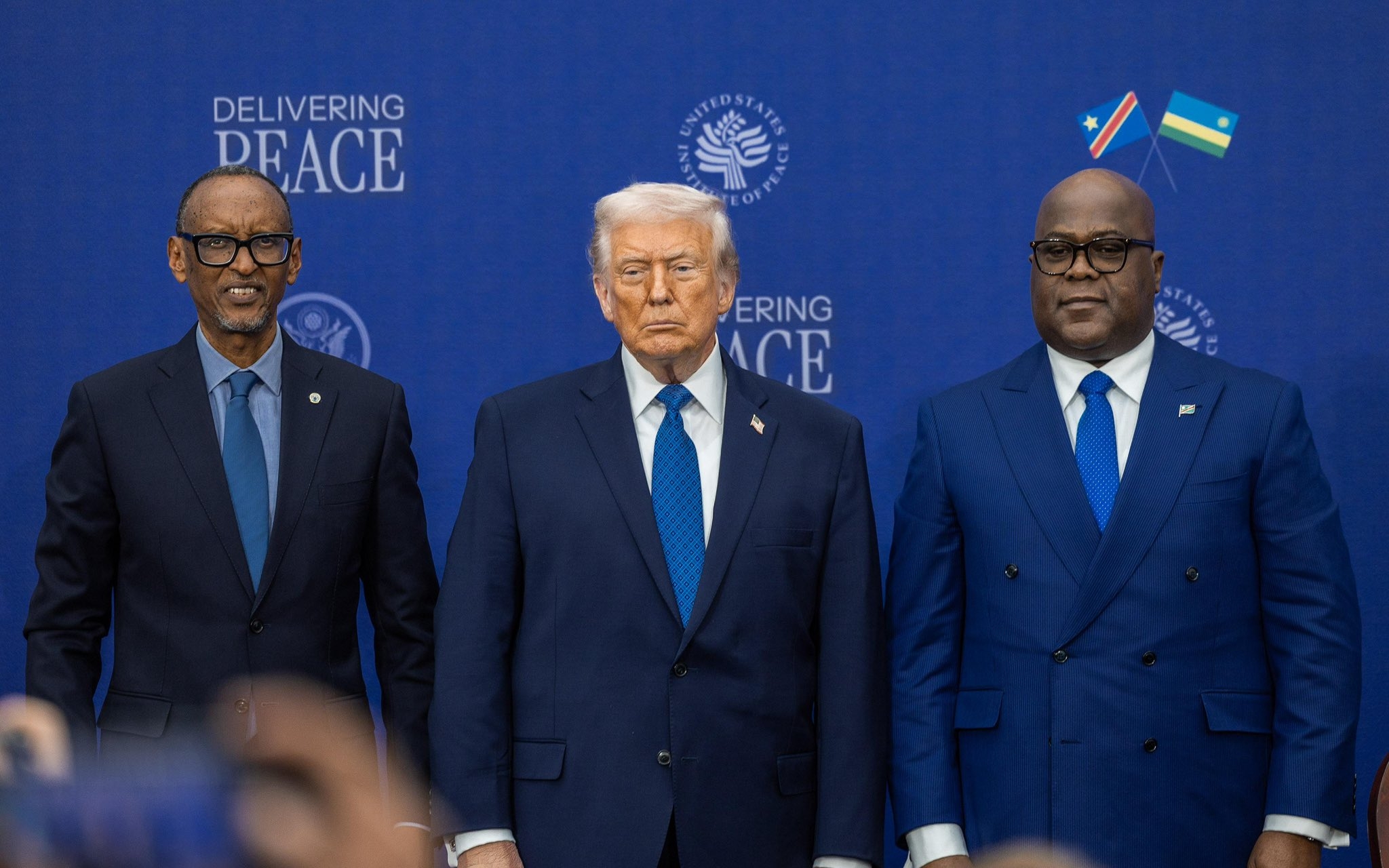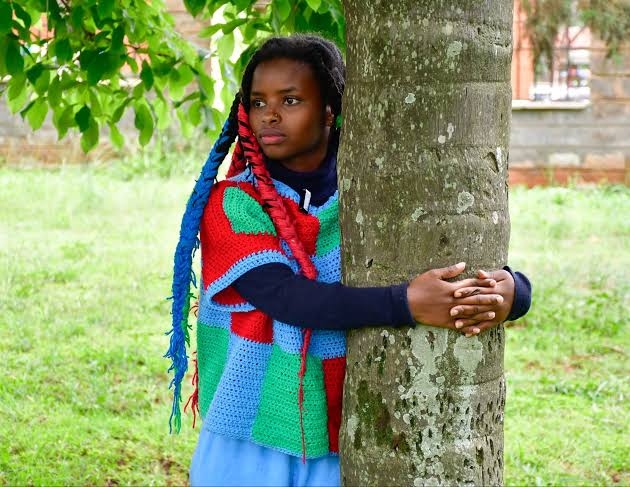Delegates drawn from Uganda, Kenya and Tanzania on Thursday agreed to collectively intensify collaborative efforts to ensure the Mara River basin which is facing increased environmental degradation is sustainably protected.
The delegates who included renowned research and top environmental scientists, high-ranking civil servants, development partners and members of the civil society from the three countries also appealed to their respective governments to embrace dialogue and renew their commitment to protecting the ecological dignity of the Mara basin.
Speaking during a precursor scientific conference ahead of the 12th Mara day celebrations at Mugumu town of Serengeti district in Tanzania, the delegates pushed for, among other recommendations, the establishment of a legal framework for a water fund to help mobilise resources for the catchment management.
The Executive Secretary for the Lake Victoria Basin Commission {LVBC} Dr. Masinde Bwire who spoke at the conference underscored the need for equity, responsibility and sustainability that he noted should guide the engagement between the partner states in regard to the Mara Basin conservation efforts.
The conference themed “Conservation of Mara River for Biodiversity and Sustainable Economy” was organized by the Lake Victoria Basin Commission, the United Republic of Tanzania and the Kenyan government to underscore the importance of safeguarding this invaluable resource for future generations.
The basin, according to the executive secretary sustains the rich biodiversity of the region while driving economic activities that are powered by its waters and the rich biodiversity.
“This conference provides us with a unique forum to deliberate on the challenges facing this critical ecosystem and identify opportunities that need to be seized to ensure sustainable conservation of the Mara-Serengeti Ecosystem and help unlock its enormous potential as a driver of a sustainable economy for the region,” he said.
The scientific conference held annually ahead of the climax of the Mara Day celebrations was this year structured around Transboundary Water Resources Management and eco-diplomacy; and Biodiversity and Natural Resources Conservation for Sustainable Economy.
Dr Bwire stated that the two sub-themes, clearly highlight the intricate relationship between the health of the region's shared ecosystems to a sustainable economy.
“The sub-themes underscore the fact that shared water resources like the Mara River do not recognize political borders, and neither should our efforts to manage it sustainably," he said.
“Cooperation and eco-diplomacy are vital to ensure that the river's resources are used wisely and equitably. Let us therefore engage in constructive dialogue and share best practices to enhance transboundary water management and foster peaceful coexistence among our two sister EAC Partner States.”
Mara-Serengeti ecosystem hosts the two world-famous wildlife habitats and tourist attractions of Maasai Mara Game Reserve in Kenya and Serengeti National Park in Tanzania teaming with unique flora and fauna, making it a biodiversity hotspot of global potential.
Preserving this rich natural heritage is therefore not only an ethical responsibility but also a strategic imperative for the economies of the two EAC nations.
“It is vital for us here today to explore innovative approaches, data, science, and emerging technology to harness the ecosystem’s potential while conserving its long-term prosperity,” he said.
The conference attended by over 200 delegates brought together researchers, scientists, experts, and stakeholders from diverse backgrounds.
It is expected that the conference will yield valuable recommendations that will shape the future of the Mara River Basin.
According to the executive secretary, the recommendations will not only demonstrate the commitment and resolve of Tanzania and Kenya but will also serve as a roadmap of actions towards reinvigorating the sustainable development agenda and ecological integrity of this shared ecosystem.
“I urge all of us to approach this conference with an open mind, a spirit of collaboration, and a determination to safeguard the Mara River. Let our discussions be guided by the principles of sustainability, equity, and responsibility towards future generations,” he said.
" Together ladies and gentlemen, we can ensure that the Mara River continues to flow, not just as a source of life but as a symbol of our commitment to a better and more sustainable future."
Edith Mwanje who is the permanent secretary in the Ministry of East Africa Community Affairs in Uganda said the Mara Day celebrations are a testament to the power of regional cooperation and diplomacy.
The PS who was also the chief guest at the event said the celebrations further showcase the importance of cross-border partnerships.
“By coming together as sister EAC States, we not only promote people-to-people integration but also pave the way for attracting sustainable investments,” she noted.
She observed that the cooperation is instrumental in achieving the environmental management and biodiversity conservation goals, a crucial aspect of the shared responsibility to protect our natural resources.
“I am today, not only as the Chief Guest but also as an observer, eager to learn from the Mara River Basin's management, which is hailed as a remarkable success story. I believe this experience will provide valuable insights that can be applied to other river basins within Uganda and Community (EAC),” she added.
While giving a keynote address during the convention, the immediate former LVBC executive secretary Dr Ally Said Matano said there is a need for LVBC and EAC partner states to initiate the preparation of regulations to operationalize the newly enacted LVBC Act by among other measures transforming the LVBC protocol into regulations.
He further noted that there is a need to support research on new invasive aquatic and terrestrial weeds and address the gaps in institutional capacity for managing shared water resources.
“We must also Intensify resource mobilization to support critical interventions in the transboundary ecosystems besides the need to set aside resources and leverage on new and emerging technologies and science to inform decision support,” he said.
Dr Matano now serves as the advisor on climate change issues at the Price Water House Coopers.

















